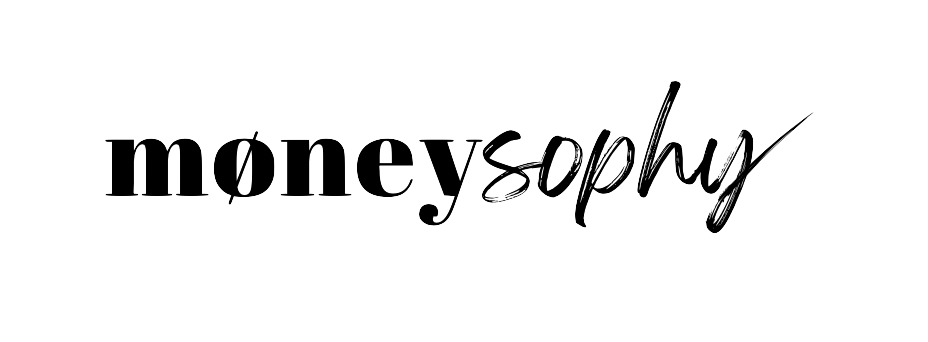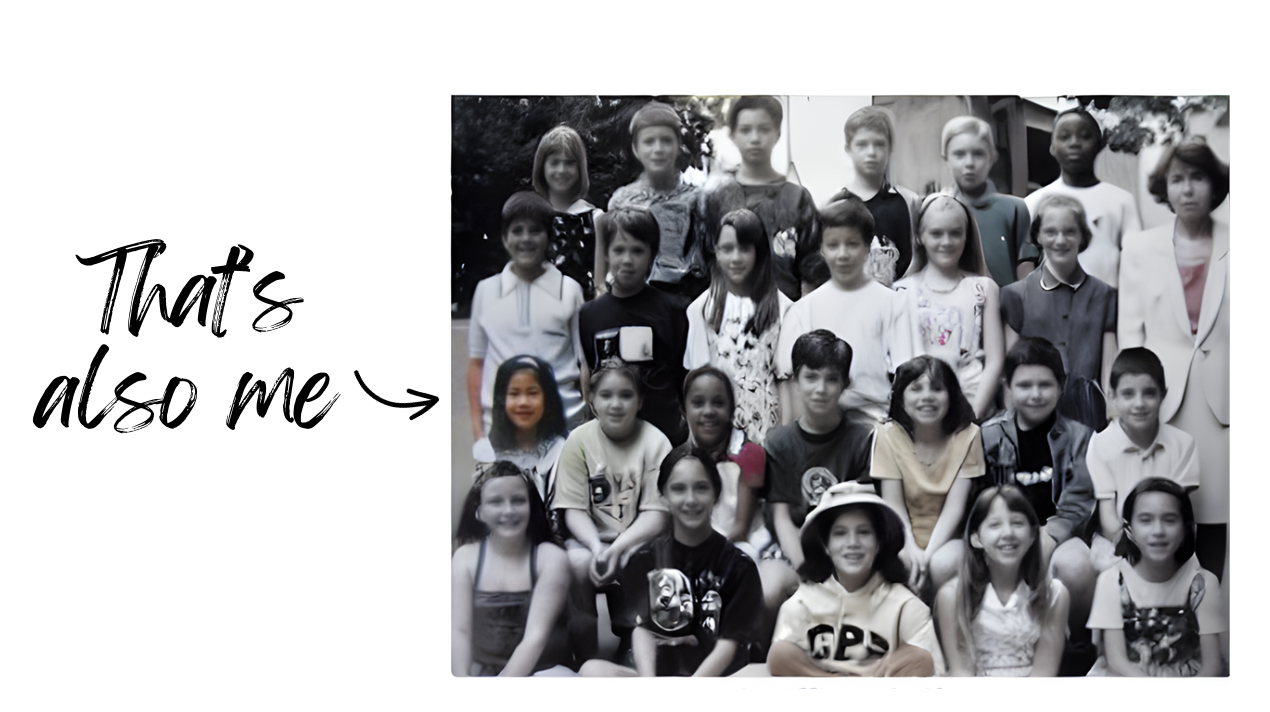BringING modern financial education at your workplace and at home
Founded in 2022 by Sophie Hau, Moneysophy offers easy, relatable, actionable money skills, including building financial confidence that can be applied in life and relationships. Discover science-based money tips that reveal the underlying forces shaping our behavioors and attitudes towards money.
“Financial education isn’t just about financial knowledge”
The methodologies employed by Moneysophy integrate principles from the Certified Financial Planner Board of Standards, the Money Coaching Institute Framework, and evidence-based protocols to improve the three key financial skills of financial wellness (financial knowledge, financial attitude and financial behaviour).
91% of employees are stressed about their finances
“Through the OECD/INFE Working Group on Financial Education in the Workplace, created in 2018, public authorities have continuously discussed the needs, challenges and motivations for implementing financial education in the workplace, as well as effective approaches for the design and implementation of financial education initiatives for improving the financial literacy and well-being of employees.”
Organisation for Economic Co-operation and Development & International Network on Financial Education
Moneysophy addresses the growing societal demand for improved financial education and consumer protection in light of rising living costs and increased longevity, as recommended by the OECD
The 3 Financial Skills necessary to reach Financial Wellness according to the OECD
71% of people believe financial education should be provided by schools.
Moneysophy is accessible from every country in the world. The content aims to help everyone, regardless of their money skills needs, including:
Professionals
Leaders
Young Adults
Couples
Parents
Senior Staff
Bankers and Financial Professionals
Lawyers and Doctors
Overspenders
Sophie has a particular desire to help overspenders as a recovering overspender herself. You can read more about her story below.
PEople and OVERSPENDERS
From debt accumulation to little savings
An overspender spends more money than one can afford.
There are two types of individuals who live paycheck-to-paycheck (also called the Moonlight Clan 月光族 in China and Taiwan):
Type 1: Those Struggling to Make Ends Meet
This group includes individuals who can barely cover their basic expenses and may rely on welfare support. In the USA, 70% of people live paycheck to paycheck, meaning 7 out of 10 individuals struggle to manage a $500 emergency expense.
Type 2: Higher-Income Earners
This category usually comprises white collar workers and the middle class. You might think that earning more money resolves financial issues, but even among those making over $100,000 per year, 49% still find themselves living paycheck to paycheck.
“Too many people spend money they haven't earned, to buy things they don't want, to impress people that they don't like.”
Will Rogers
Sophie holds a BSc, MA, Certified Money Coach (CMC)® and is currently completing her CERTIFIED FINANCIAL PLANNER® certification.
She is also a registered Financial Counsellor at Perspection and at MindFi.
THE THREE PILLARS
Moneysophy’s Modus Operandi:
PRACTICAL
Built for simplicity.
We are not Magicians. Moneysophy arms you with straightforward tools, but you are the one taking action to nurture your three skills (financial knowledge, financial attitude, financial behaviour).
ACCOUNTABLE
Committed to your success.
We are constantly evolving. Moneysophy curates evidence-based studies in psychology, science and habit change to maximise your impact and guides you through building your true wealth.
INCLUSIVE
Designed with compassion.
We all have our own stories, and are on our own journey. Moneysophy creates a judgment-free and emotionally safe environment that welcomes, connects, and values all.
MY UNHEALTHY RELATIONSHIP WITH MONEY
Growing up in a Chinese household in France, I received conflicting messages about money.
On the one hand, my Chinese heritage instilled in me the belief that money synonymous with the holy grail of society.
On the other hand, my French friends made it clear that wanting to have money is bad, and that there are greater pursuits in life, such as art, culture, and justice.
There is no right or wrong. This is what my 8-year-old self learned from my surroundings.
As a result, I rejected money and looked for meaning whatever I did. My academic path led me to study in every corner of the world: France, China, the UK, the US, and Belgium, where I deepened my understanding of humans, cultures, and languages.
“Money beliefs are formed before age 10”
My Financial Journey: A Rollercoaster Experience
In the last 15 years, I've made a lot of financial faux pas.
I was a spender - I rejected it, craved it, earned it, gambled it until I learned how to build my financial confidence to live my best life.
I began my career in the non-profit sector with a focus on promoting human rights equality and women’s empowerment.
I had meaning but no money.
Then, I transitioned to the corporate industry as a consultant for blue-chip companies, where I designed strategies and solved management and communication problems.
I had money but no financial knowledge.
Eventually, I entered the wealth management field, assisting individuals with their financial planning. I finally came to the realisation that investment alone is not the solution to all financial issues.
I had financial knowledge but no financial confidence.
Through this journey, I discovered that neither money nor financial knowledge alone can fully address financial problems without financial confidence.
“If you buy things you do not need,
soon you will have to sell things you need.”
Warren Buffett
FROM FINANCIAL cONFIDENCE TO FINANCIAL WELLNESS
If you're experiencing financial stress, shame, or challenges, rest assured—you are not alone.
In fact, 70% of people today live paycheck to paycheck. That’s right, 7 out of 10 individuals struggle to cover a $500 emergency expense.
Do you believe that having more money will solve all your problems? Think again. Even among those earning over $100,000 per year, 49% still find themselves living paycheck to paycheck.
Several societal patterns contribute to these financial difficulties:
Unnecessary Complex Financial Jargon
Shortage of Money Coaches
Insufficient Financial Education at Schools and Workplaces
Taboo Surrounding Money Talks
Misconceptions about Financial Education Being Financial Knowledge Only
Understanding the profound impact that financial wellness has on individuals' lives and their ability to achieve their goals and dreams has shaped my approach.
That’s why I founded Moneysophy, an inclusive space designed for anyone living paycheck-to-paycheck or grappling with financial denial, regardless of gender or geographical location.
Building financial confidence enables individuals to align their financial attitudes and financial behaviours with their values and aspirations rather than limited by financial constraints. Ultimately, it fosters a positive relationship with money, reducing stress and anxiety while promoting financial wellness.
Financial confidence begins from within.
So, what’s your money philosophy?
10 RANDOM FACTS ABOUT ME
I was raised in Paris but dreamed to live in NYC because of Friends.
I hated sports and skipped PE classes pretty much my whole childhood.
I bought and sold my first NOKIA and made a profit at age 13.
I switched my major every year and simultaneously moved to different cities while in University.
I submitted 100 applications to peacebuilding-related jobs after graduation, but got zero offer.
I began exercising at age 20 because my eating disorder was out of control.
I learn to love sports after 10+ years of practice, and my current favourites are running, tennis and Muay Thai boxing.
I’m a multi-passionate entrepreneur.
I was ashamed of my Asian heritage as a kid, but I have since learned to fully embrace it.
I speak French, English and Cantonese.







